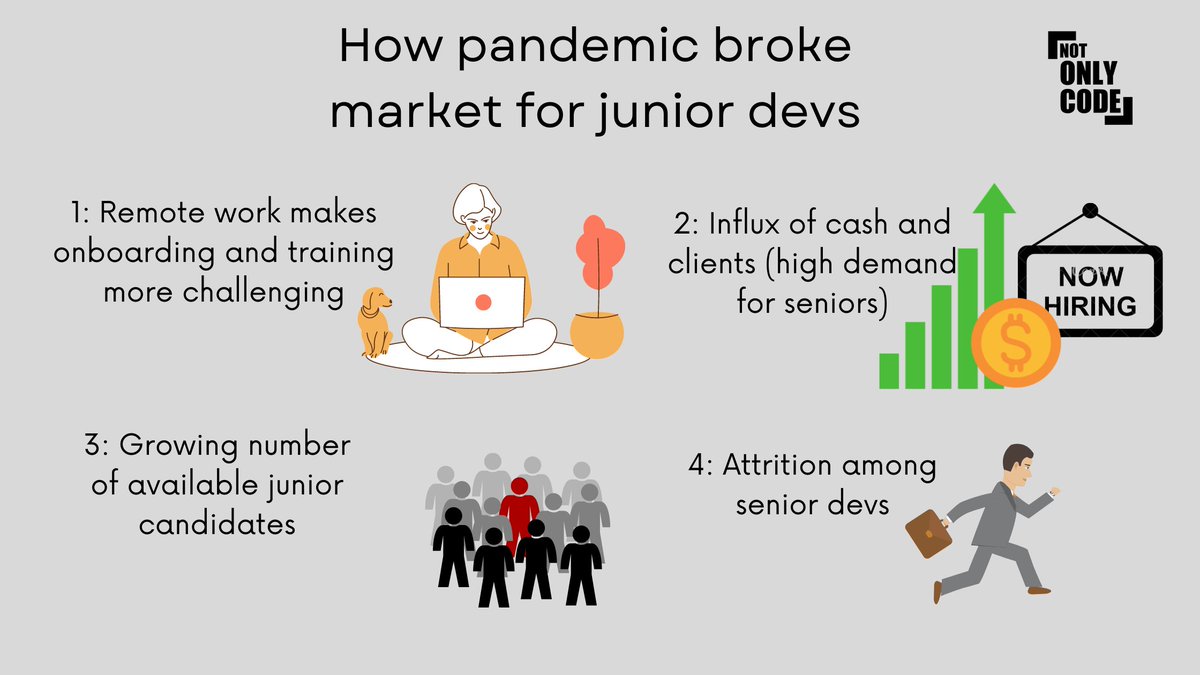
One interesting thing I've learned from the Alibaba story was how in EBay went from 90%+ of the market in China in 2002, to leaving China entirely just 5 years later. (1/5)
https://twitter.com/gregorywitek/status/1477403365743247361
There are many reasons why EBay lost, but one interesting one is that they refused their Chinese team to drive the product. Instead they tried to unify the platform globally, so that the whole site worked and looked the same everywhere. (2/n)
These days it's changing, but generally Chinese web design is very different than western design - sites are more busy and flashy, there's a lot of information there. Compare main page of Amazon vs JD: (3/n) 



So EBay forced Chinese team to follow global product dev + they moved the hosting from China to US. In 2005. The distance + Chinese firewall + slow internet made the site unbearably slow for Chinese users. (4/n)
Month by month they were losing steam. Jack Ma and his colleagues at Alibaba could not believe their luck. Their product, Taobao, was built with the local audience in mind. In 2005 they overtook Ebay, and 2 years later officially won the market. (5/n)
What's interesting is that later EBay made the same mistake in other countries. In 2005 they entered Polish market, but failed to gain traction. Despite this they introduced fees, and sellers stopped using it. Today they have maybe 1-2% of the market (6/6)
• • •
Missing some Tweet in this thread? You can try to
force a refresh








